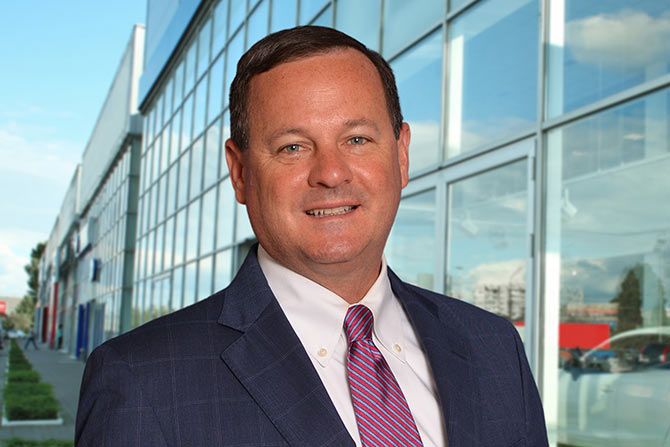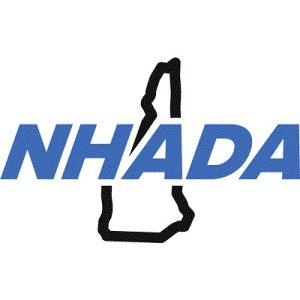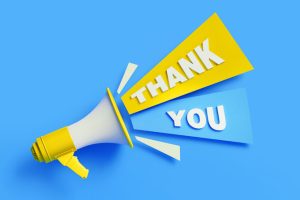The number one benefit of being an NHADA member is having a sense of community and a voice in your industry.
Where did you grow up?
I come from a small town in Northwestern New Jersey named Mountain Lakes.
What is your educational background?
I completed my undergrad at Roanoke College in Salem, Virginia, with a focus on environmental studies and public policy and went on to complete my Masters of Environmental Law at Vermont Law School in South Royalton, VT.
Tell us about your family. Are you married? Children?
My wife Jessica and our twin boys Sam and Will live in Bow, which we have called home for over 20 years. Bow is a small town and has provided a safe, communal environment for my kids to grow up and participate in sports, all while receiving a great education.
Do you have any hobbies outside of work?
I enjoy spending time outdoors, mountain biking in the warmer months and telemark skiing in the winter. When I’m not doing that, you can most likely find me watching my kids play lacrosse or their other sports. Since the COVID shutdown, we started playing golf which has been a lot of fun.
How did you get into NHADA and the auto industry?
I first got introduced to NHADA working for former NHADA President Dan McLeod. My career at NHADA began as an Environmental Health & Safety representative and would later evolve into Government Relations amongst other things.
What are the biggest challenges facing the auto industry?
The auto industry is resilient and certainly ever-changing. Some of the bigger challenges that the industry is currently facing are the result of emerging vehicle technology. From a consumer standpoint, there are infrastructure concerns, namely accessibility to charging stations. From a business standpoint, we are working diligently to provide our members with resources to efficiently sell and safely service electric vehicles. Another hot topic right now is data security. By now, all our members should be compliant with the new FTC Safeguards, a series of procedural, technical and contractual steps to protect consumer and other personal data. We also have concerns regarding new and traditional OEMs and their future plans for vehicle distribution.
Why do local motor vehicle businesses matter?
As a resident of New Hampshire, I always like to “buy local,” and this certainly holds true for motor vehicle sales and service. Our members have a direct fiscal impact on our state, representing over 20% of NH’s retail sales. They also invest in land, buildings and infrastructure and create over 11,000 jobs. Lastly, our members are active in our community and donate to hundreds of local charities.
What do you see as the benefit of being an NHADA member?
The number one benefit of being an NHADA member is having a sense of community and a voice in your industry. We monitor over 1,000 bills annually and when legislation or regulatory material has an impact on our industry, we collectively rise to the occasion. Your voice at home is louder than ours at the State House, and each and every member matters. We also have great strong relationships with our legislators and regulators, which gets us a seat at the table as part of the discussions.
What are your goals as President?
My goal as President is to empower our professional staff and board as much as possible to execute our Strategic Plan. Adopted in February, this plan sets our goals and objectives for the next three years. The plan can be reviewed in detail on page seven, but in essence, it all comes back to helping our members succeed. I also hope to continue to modernize the NHADA workplace and be similar to our member businesses, a great place to work.
What help do you need from members to accomplish those goals?
Participation. Our initiatives all rely on member engagement, from our events and training to our governmental advocacy. When NHADA contacts you, it’s for a reason, so use your powerful voice!









